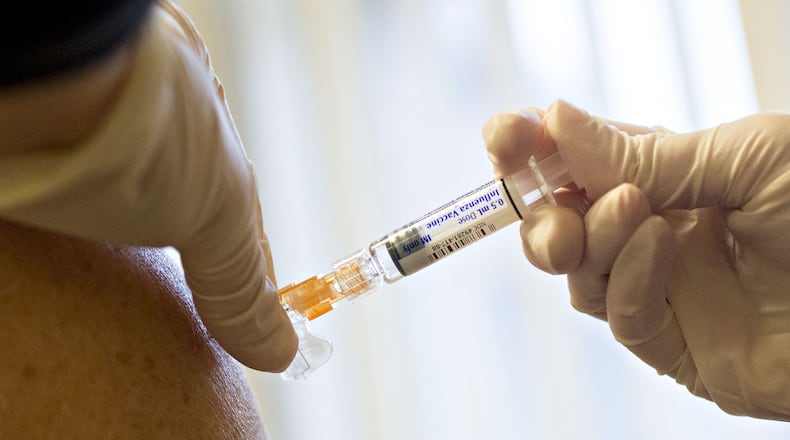The vaccine you receive may not be a perfect match for the virus you interact with, but Kathy Zegarski, coordinator for infection prevention at Dayton Children Hospital, says its important you still get a vaccination.
Getting the flu shot, even if it isn't a perfect match, means a person won't become as sick as they would have if they received no flu shot at all.
Two strains of the flu virus are circulating simultaneously this season, which is uncommon.
Health professionals normally see only influenza A until it dies out, and then influenza B starts up.
Influenza vaccines are developed by looking at what's circulating in the southern hemisphere, predicting what will circulate during our flu season and developing a vaccine fit for what they've seen.
The influenza vaccine is developed each year to contain both A and B strains of the virus.
About the Author
